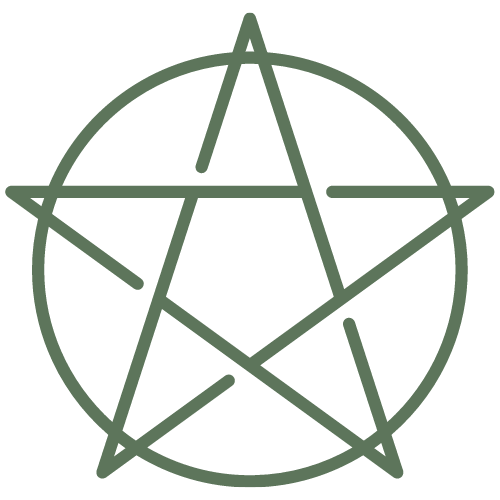
If you would like to join this path group, you must register and be logged in. Click on the REGISTER or LOGIN link above to do that.
Team Leader
Details
The term “pagan” (from the Latin paganus) originally meant “peasant” or “country dweller.” For many Pagans, the term suggests a life lived close to the land. Today, nature spirituality is an important thread in contemporary Paganism. Some Pagans also focus on reviving polytheistic systems of belief and practice, especially those that passed away or were destroyed as Christianity swept across Europe. Still others embrace Paganism as a religion that offers feminine and queer images of divinity and sex-positive, body-affirming values.
Members
12












